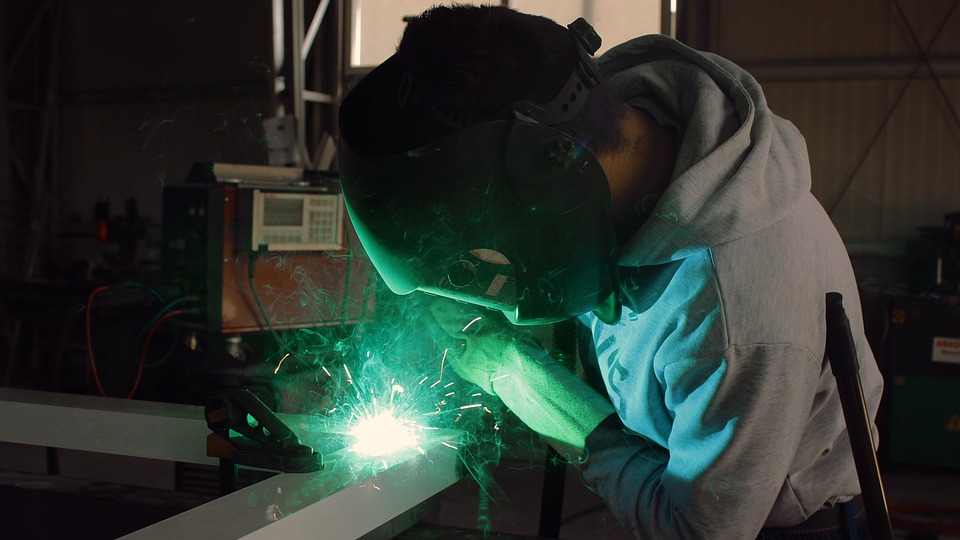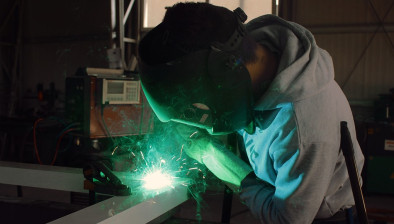UK manufacturing activity at 16-month high in July
UK manufacturing activity reached a 16-month high last month, marking the fastest expansion since November 2017, according to the latest IHS Markit/Cips UK manufacturing purchasing managers’ index (PMI).

The manufacturing PMI rose to 53.3 in July (revised down slightly from the ‘flash’ reading of 53.6) from 50.1 in June, 40.7 in May and a record low of 32.6 in April.
The manufacturing sector significantly benefitted from the gradual easing of lockdown restrictions allowing firms to raise or re-start production.
The activity expansion was led by the intermediate and consumer goods sectors. There was also a first rise in 15 months in investment goods output, although it lagged behind the other sectors.
Further encouraging news saw new orders grow for the first time in five months due to improved domestic demand, while confidence in future output improved to the highest level since March 2018.
The EY Item Club has said that a continued fall in manufacturing jobs reported by the purchasing managers in July may prompt the Chancellor Rishi Sunak to consider further steps to support the labour market in the Autumn Budget, following the measures recently announced in the Summer Statement.
The economic forecaster also said that the July manufacturing purchasing managers’ survey bolsters hope that the economy will return to clear growth in the third quarter with expansion around 12% quarter-on-quarter as it benefits from reduced lockdown restrictions. This assumes that there are no further restrictions put in place. It is likely that the economy contracted around 20% quarter-on-quarter in the second quarter.
Howard Archer, chief economic advisor to the EY ITEM Club, said: “Output grew at the fastest rate in July since November 2017 reflecting sustained production after stoppages during the lockdown.
“The improvement in output was led by the intermediate and consumer goods sectors. There was also a first rise in 15 months in investment goods output although it lagged behind the other sectors.
“New business rose for the first time in five months, with improvements across the intermediate, consumer and investment goods sectors. Domestic demand led the way. However, export orders fell for a ninth month running despite improving to a five-month high – there were reports of new order inflows starting to pick-up in several markets, including parts of Europe, the US and Asia.”
He added: “Confidence in the sector rose to the highest level since March 2018. Manufacturing jobs continued to fall in July, even though the rate of decline was the slowest since February. This may prompt the Chancellor to take further steps to support the labour market in the Autumn Budget.
“Input prices rose at the fastest rate in just over a year. Output prices rose at a reduced pace so manufacturers’ margins were squeezed.”










